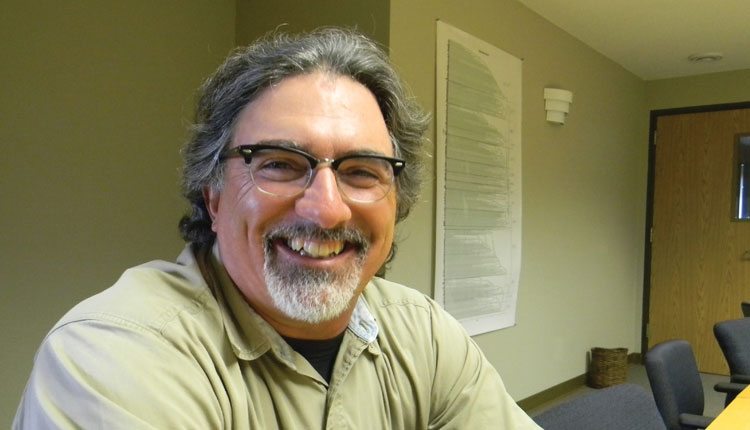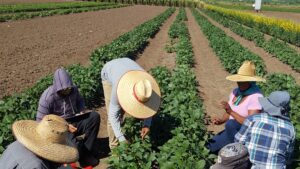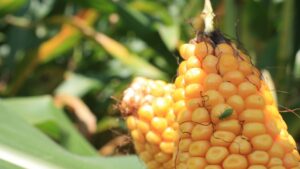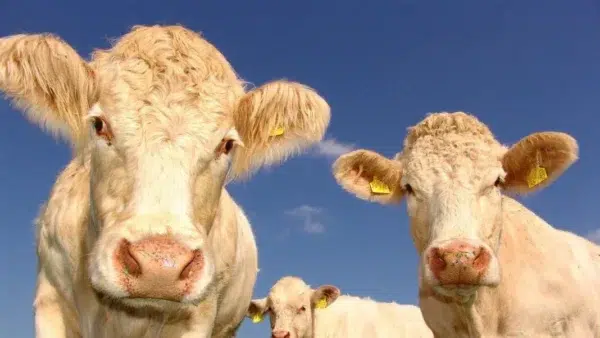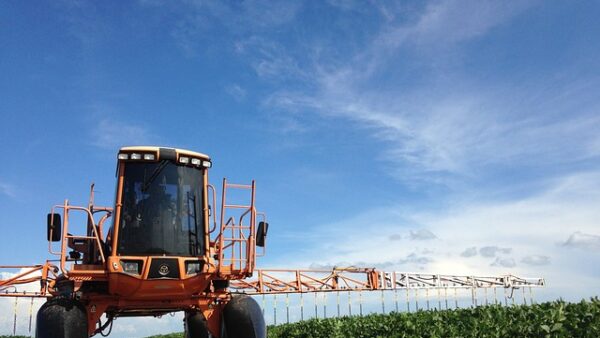One Minnesota man works to push conventional yields higher.
Going just the opposite of the ‘big players’ in the seed world sounds like a recipe for disaster! But not so for 3rd Millennium Genetics (3MG), the Olivia, Minn., firm, which now has a 10-year presence in Puerto Rico doing research and development on new breeding lines that are non-GMO. That means pedigrees 3MG puts into the corn world don’t carry any ‘traits’ for weed control, disease tolerance, insect resistance, etc. Trait-loaded hybrids have been the bread and butter of most seed companies ever since the advent of Roundup Ready seed by Monsanto.
Explained Ed Baumgartner, Olivia native and founder of 3MG, “I have trouble with the word ‘traited’ hybrids because we are talking hybrids with transgenes. For me, traits are the basic genetics for developing a new hybrid. Anything you add on like glyphosate tolerance (RR) is an accessory. So I look at GMO traits as accessories, not yield builders but yield protectants. And it’s this added expense of traits, which is driving the resurgence of non-GMO hybrids. Farmers have to cut production costs.Non-GMO hybrids are an obvious means.”
In the seed corn business, success is in the numbers. Even though 3MG is counter-culture to the bulk of the seed industry, he indicated 3MG currently has 14 hybrids being marketed by other seed firms who have “bought” non-GMO pedigrees from 3MG.
“Since Oct. 1, we’ve added four more hybrids for the 2016 season. When yield data from our 2015 research plots gets plugged into our total pedigree base, I think it will generate even more interest within the seed industry to launch even more non-GMO hybrids into the corn world,” says Baumgartner.
Because of its non-GMO program, he views 3MG as having both a domestic and a foreign business. “There are certain countries, especially in Europe, where GMO corns are still not permitted to be grown. As a result, at this stage we see more potential for our pedigrees with seed companies into overseas markets.
“The U.S. market continues to be dominated with a ‘mind set’ of trait technologies as their primary objective. Yet, I continue to get calls and emails weekly from individuals outside the U.S. We have products being tested in France, Germany, Austria, the Ukraine, Serbia, Italy, Spain and Turkey. Soon we hope to be in South Africa, Pakistan, Iraq, Colombia and Venezuela. We’re not looking at the Far East. China is always a difficult market plus I know the big players are already focusing on China. We’re a small company. We function better when dealing with smaller markets.”
Perhaps he’s being modest. Current scope of 3MG in Puerto Rico is three farms of 900 acres, 30 full-time employees, and during the planting and harvesting season upwards of 200 workers. The Olivia headquarters now has six full time employees with Wade Roemeling and Ed’s daughter Raechel directing that operation which also includes summer research locations in North Dakota and South Dakota.
Developing insect, heat and drought tolerant hybrids is a major focus of 3MG. Sure, they do plant population studies but they have a different focus on building higher yields.
“Our primary intent is more production per plant, not more plants per acre. We’re after better producing factories rather than more factories,” says Baumgartner. “We work with some corns found in equatorial regions of Central and South America and the highlands of Mexico. Maize is an amazing crop. You can develop interesting new pedigrees which often are spinoffs from some of these unusual corns found in other parts of the world.”
Why so many acres? Even though the research and development of new ‘inbred’ lines is basic, the major business thrust of 3MG is contract research work. He indicated several seed companies are now in the adoption stage of some non-GMO products into their marketing.
Plus 3MG is remarkably diversified. Baumgartner reported they have worked with 20 different crops. Corn, soybeans, rice, sorghum, cotton and sunflower are the majors. Also they do some work with edible beans and sesame seed.
“Yes, last year we were even approached about some breeding work with marijuana but we turned it down, basically for the safety of our employees,” he says.
That’s the real test of quality management. Baumgartner is 55.
His biggest achievement to date? He chuckled, “Perhaps that we’re still here after 10 years. Most told us we were crazy to even start this 10 years ago. What I’m most excited about currently is to watch the development of our staff in Puerto Rico and here at our Olivia location. The amount of work that gets done is amazing.” Actually Baumgartner now has 18 years in Puerto Rico because he worked eight years with Dow AgroScience before starting his own business.
He’s not concerned about the reality of more rules and regulations down the road.
“The crux of our work is developing plants that need fewer pesticides, less fertilizer, less water,” he says. “In essence we’re building a more efficient corn so if government drives more intense regulations, than in a sense we are partners in this quest of a cleaner and better environment while also generating the genetics to produce more food, fuel and fiber of a projected world population of 9 billion by 2050.”


